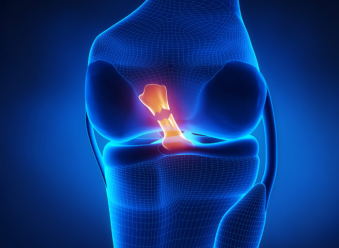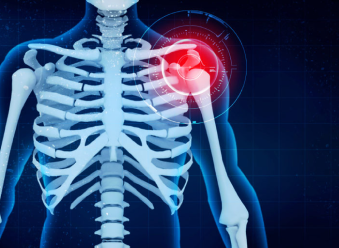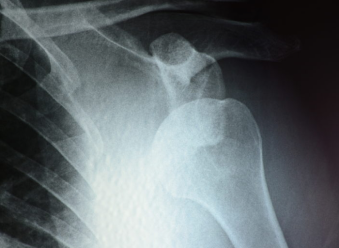COMMON
SPORTS INJURIES
Our specialties in sports medicine include meniscus and ACL tears, rotator cuff disorders, shoulder dislocations, and many other common sporting injuries and overuse issues. ACL injuries commonly occur in running sports such as basketball, football, and track & field whereas rotator cuff and shoulder injuries commonly occur in throwing sports such as baseball and football.
Because these injuries are typically handled by your insurance provider, we utilize our partner hospitals’ facilities. This gives us a wide reach to cover the Mid to North Missouri areas. We’ll get you back on the field and back to peak performance. Contact us to start exploring your treatment options!


ACL Tears
An anterior cruciate ligament (ACL) injury typically occurs in in the knee performing sports where an athlete may be making many sudden stops or changes in movement, especially when jumping. These movements are most commonly found in sports like basketball, soccer, football. Some people could feel a “pop” when the injury occurs and may even be able to be heard. The person will like feel a severe pain and very quick swelling shortly after the injury occurs. This will often prevent someone from being able to put weight on the knee. It’s recommended to seek a doctor as soon as possible after the injury since the knee consists of a very delicate and complex bone structure of tendons and ligaments.

Rotator Cuff Disorders
A relatively common sports injury, rotator cuff disorders occur when tissues in the shoulder become irritated and damaged. These disorders can consist of tendinitis, bursitis, impingement, and partial of complete tears of the rotator cuff tendons. Tendinitis is inflammation of the tendons and bursitis is inflammation of the bursa, which are small fluid sacs that are used to cushion between the tendons and the bones. Impingement is an over-time injury when a tendon is squeezed and rubs against the bone. It’s recommended to decrease shoulder activity while seeking a medical professional.

Shoulder Dislocations
A shoulder dislocation occurs when the upper arm bone, humerus, separates from the largest shoulder bone, scapula, and is disconnected from the joint, glenoid, between the two bones. In this instance, the shoulder will be visibly deformed and out of its original place. There will also be an intense pain, including swelling and bruising, and the victim of the injury will be unable to move the joint. It’s important to not try to move the joint, supply a splint or a sling to the injury, and seek a medical professional immediately.